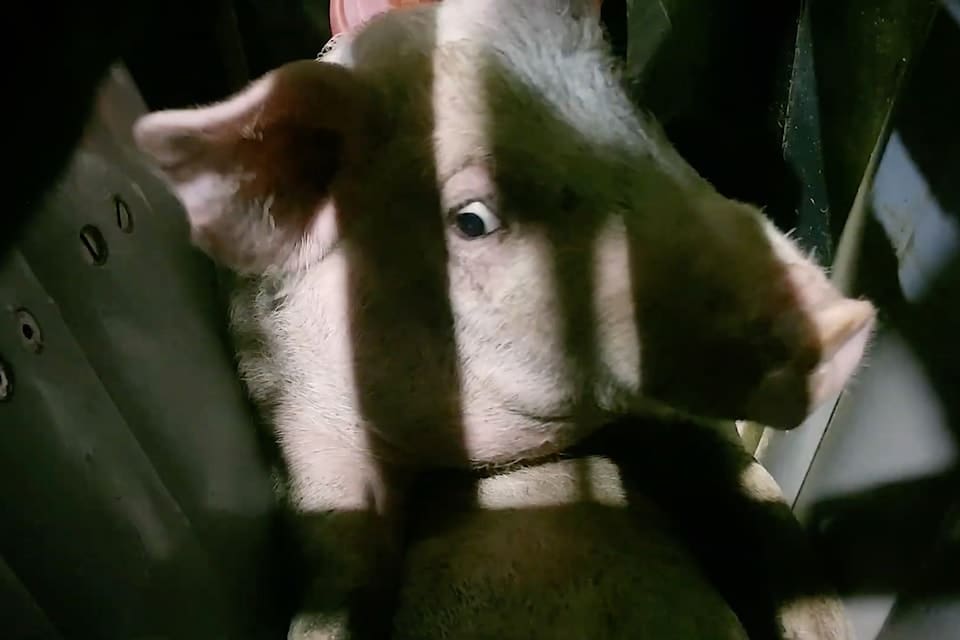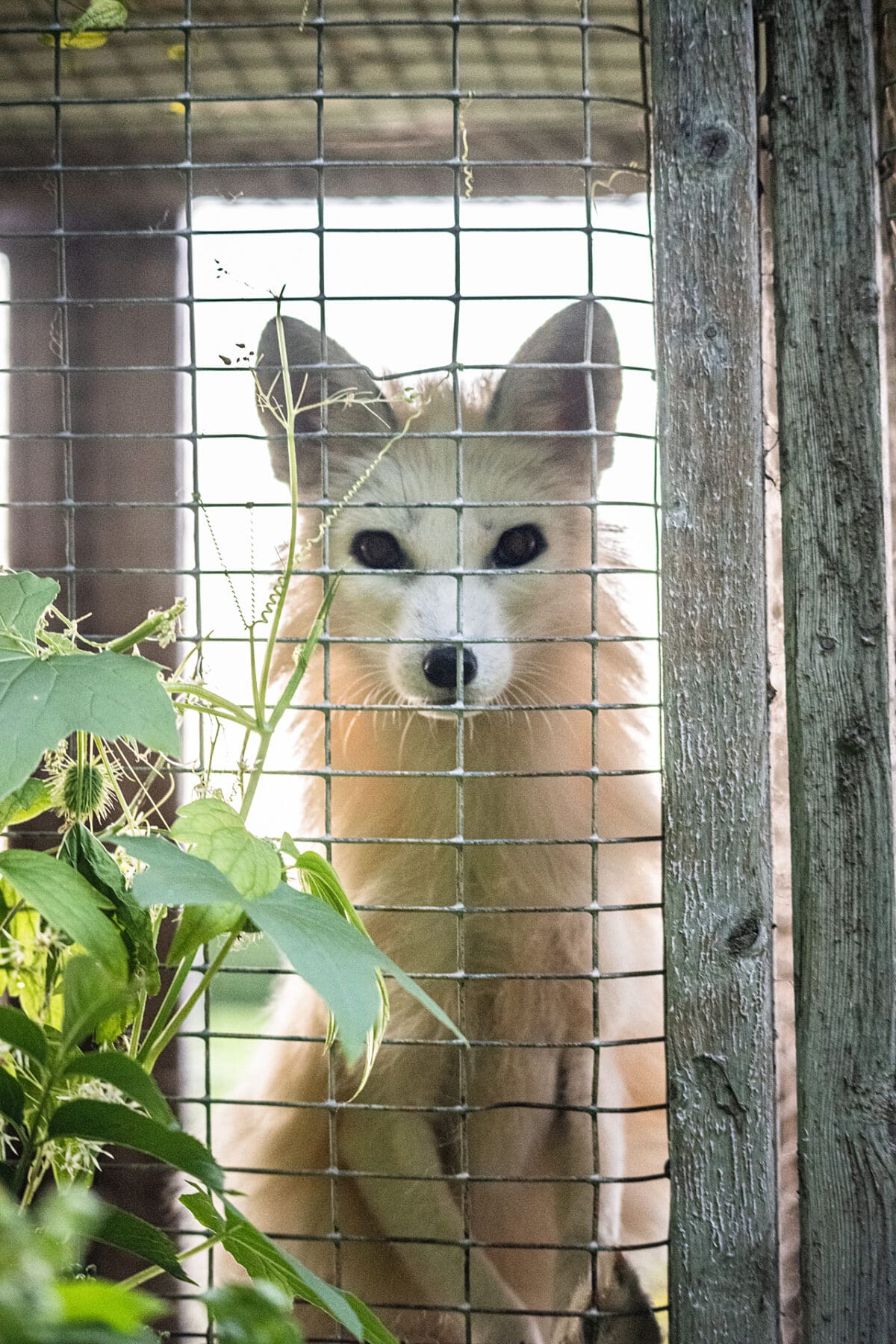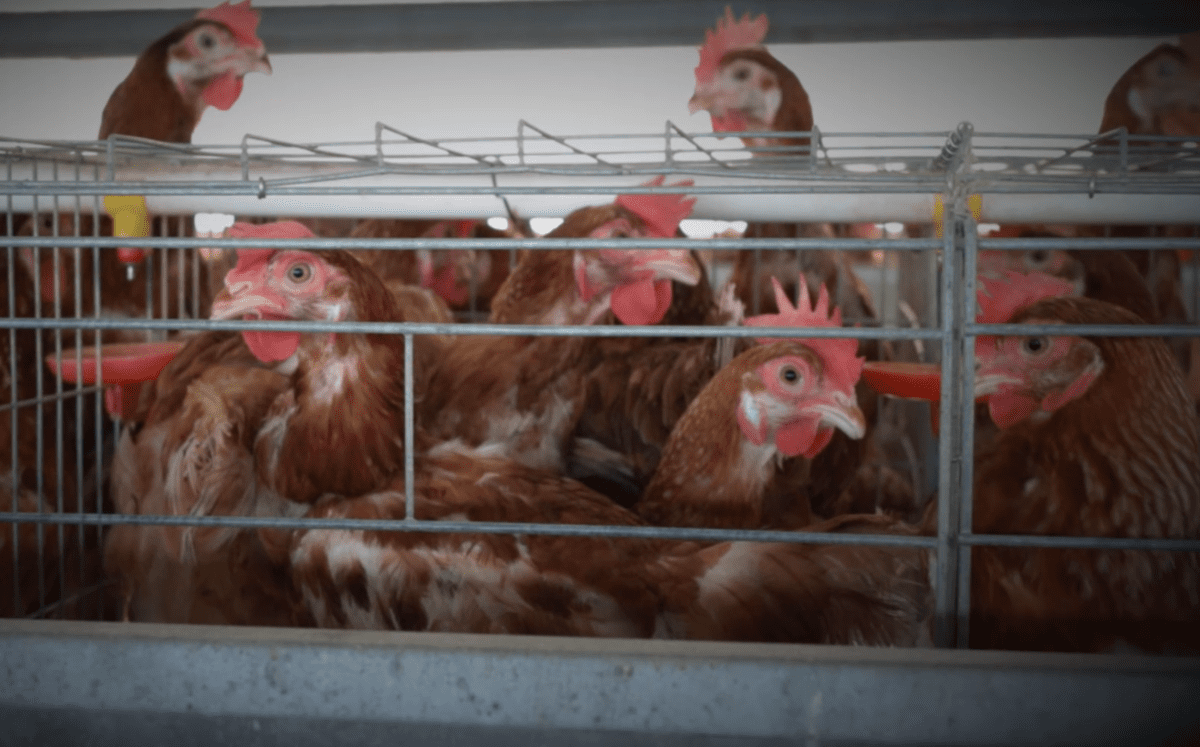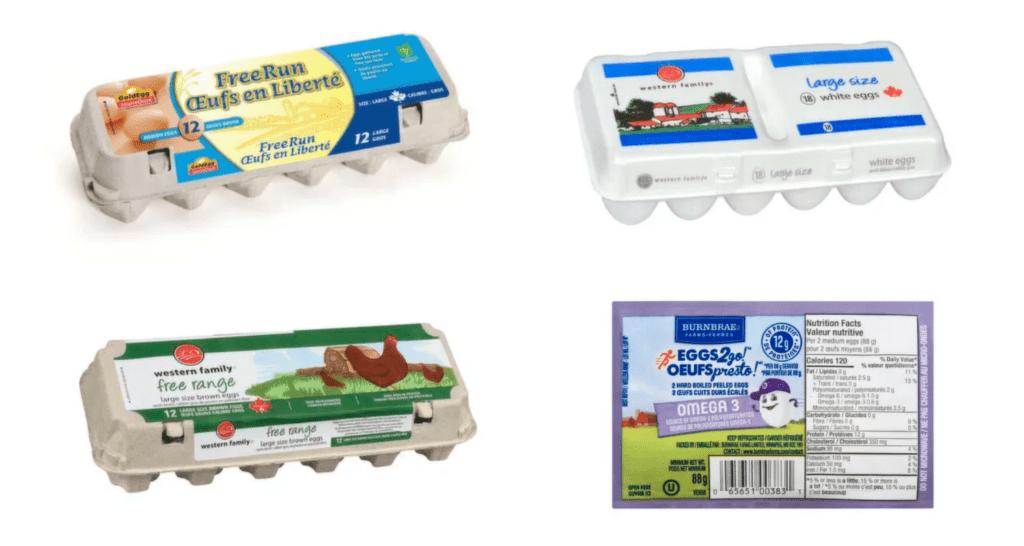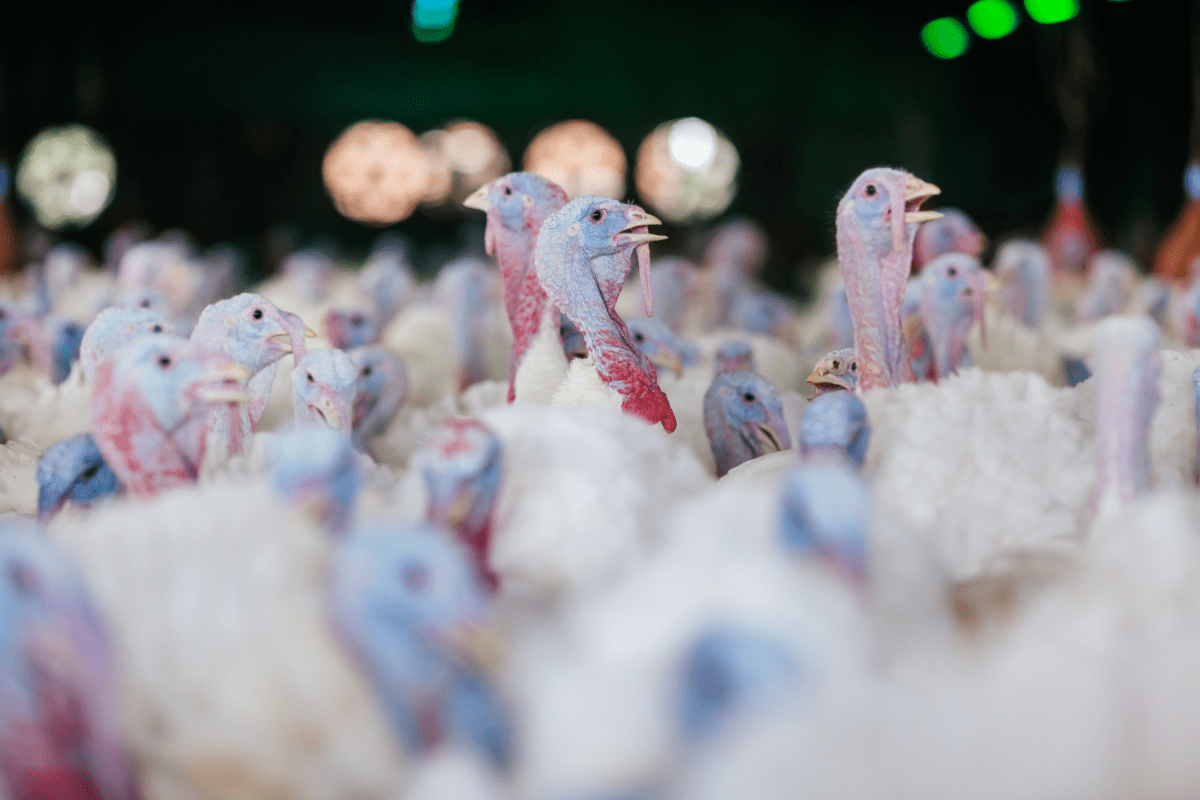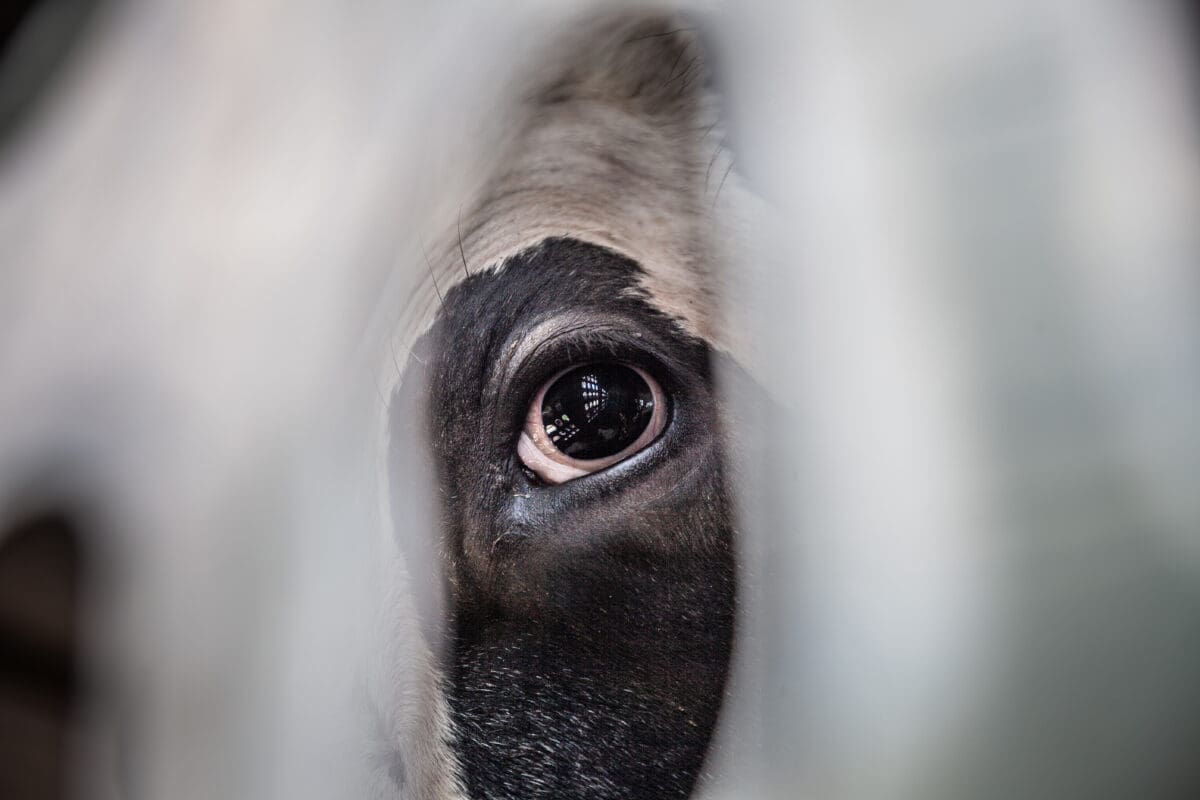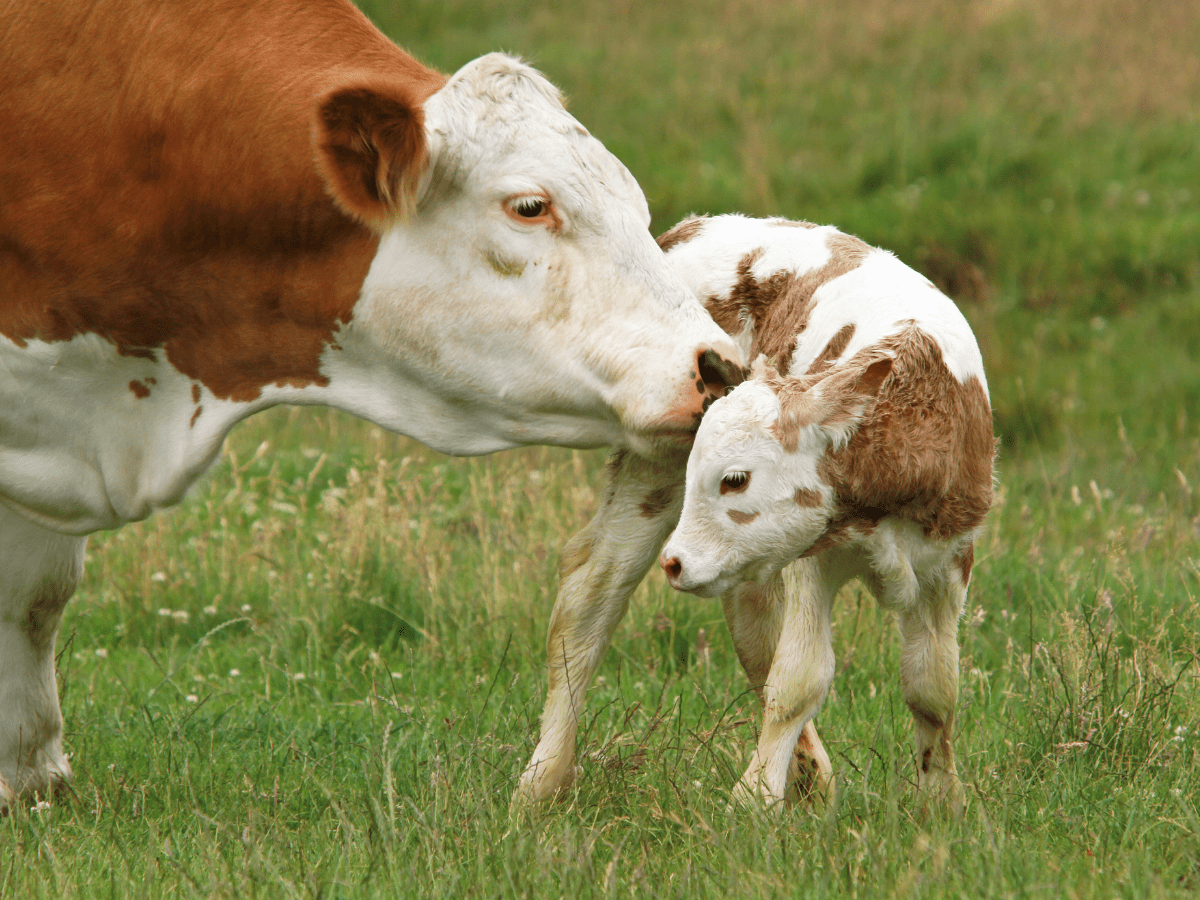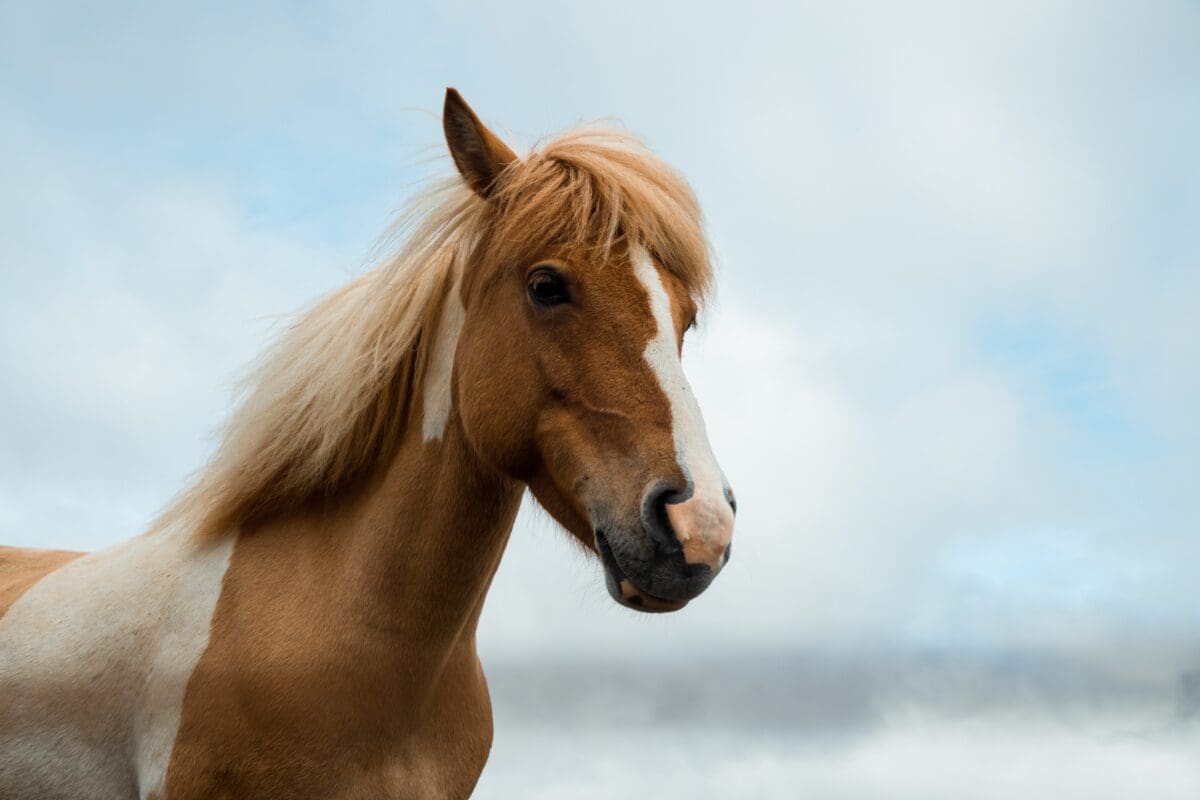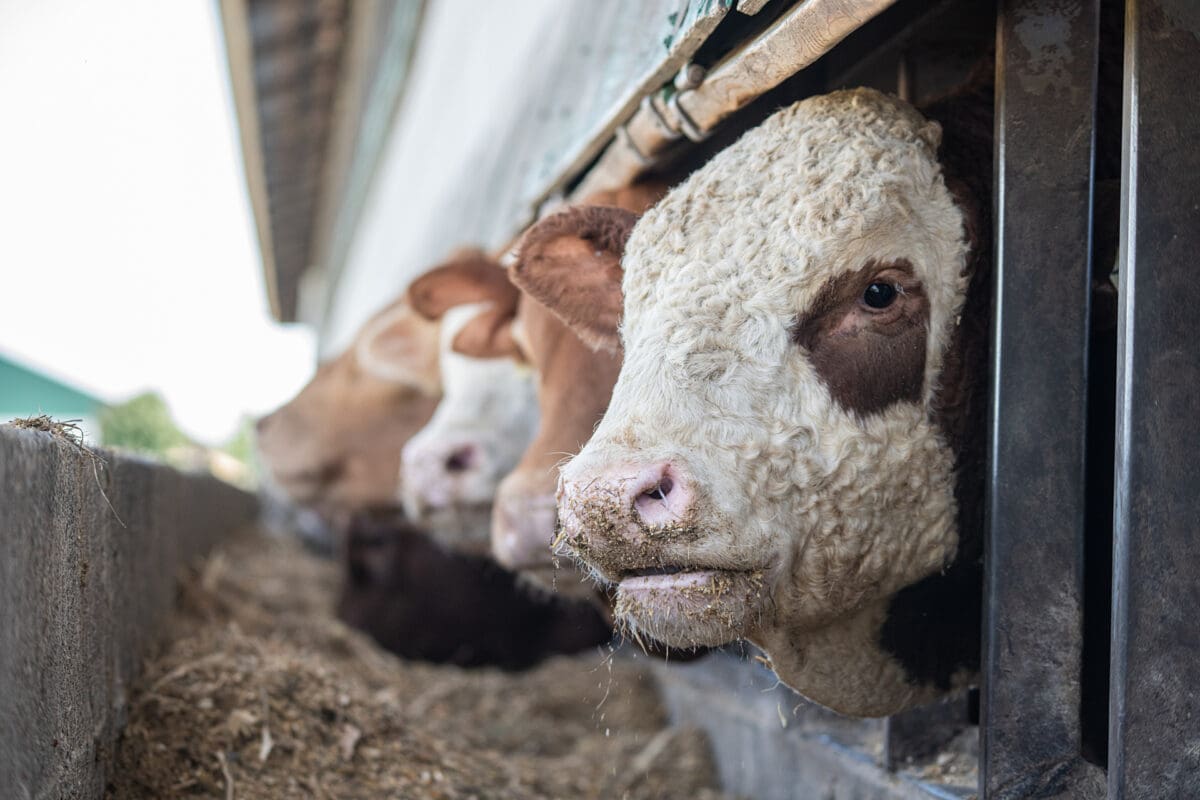Recently, the Vancouver Humane Society sent a letter to the B.C. Minister of Agriculture calling for urgent changes for farmed animals in response to shocking footage reportedly taken at a B.C. slaughterhouse. The Ministry has since responded to the VHS and not acknowledged the urgency to protect farmed animals in the wake of this horrific footage. Instead, the government continues to delay action on moving forward with recommendations on B.C.’s Farmed Animal Framework. Can you send a message urging the Minister to prioritize stronger protections for farmed animals?
In January, Chilliwack-based pig slaughterhouse Johnston’s Meats was ordered to take “corrective actions” after shocking footage released by Animal Justice showed horrific suffering.
The disturbing footage shows frightened and panicked pigs being inhumanely handled, including:
- Animals being improperly stunned before having their throats cut, being hung upside down to bleed out while conscious, and then placed into a scalding tank of boiling water.
- Multiple animals appear to show signs of consciousness after being electrocuted, which is required to render them fully unconscious for the rest of the slaughter process.
- In some clips, workers are seen slitting still-conscious pigs’ throats and electrocuting them multiple times.
Despite this, the Ministry of Agriculture said no illegal behaviour was found, and that the footage depicted “standard practices in a busy hog processing facility.”
Calling for action from the B.C. government
The investigation and the Ministry’s response raised serious concerns, leading the VHS to send a letter to Premier David Eby and Agriculture Minister Lana Popham.
The letter:
- Detailed the shocking suffering of pigs seen in the footage released by Animal Justice and the history of near-annual investigations at B.C. farms and slaughterhouses over the past decade.
- Highlighted “that slaughterhouse inspectors, who are required to be on-site daily, failed to identify and report the issues captured in the footage … This raises serious questions about the effectiveness of current oversight and enforcement activities.”
- Urged the Premier and Agriculture Minister to prioritize next steps following the province’s recent review of its farmed animal welfare framework, including government-mandated and proactively enforced regulations based on the best available animal welfare science; proactive oversight including “consistent video surveillance”; and appropriate penalties to prevent cruelty and ensure accountability.
The Ministry of Agriculture has refused to acknowledge the urgency of this situation as farmed animals continue to suffer.
Could you please take the action below and tell the Ministry animal protection should be a priority?
Photos: Animal Justice

